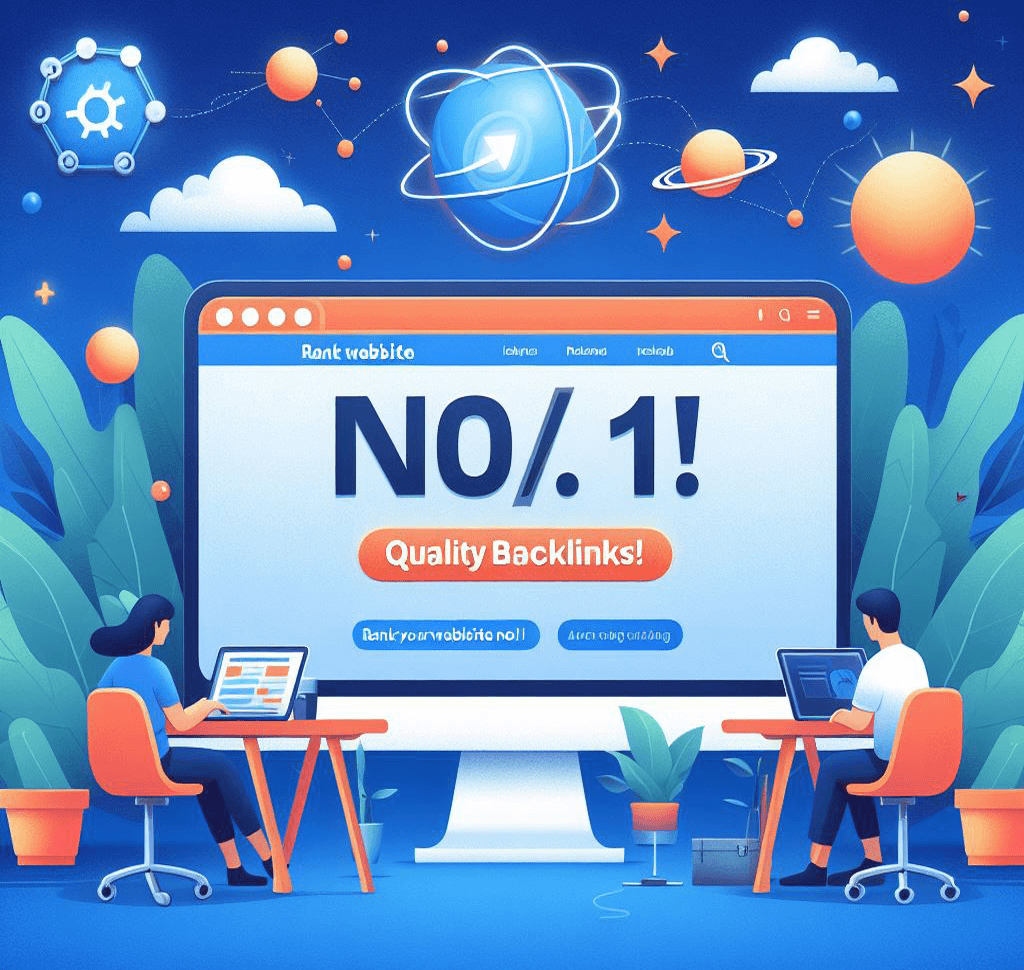In today’s rapidly changing business landscape, the future of work is undergoing a significant transformation. Traditional business structures are giving way to more dynamic and flexible models that adapt to the needs of the modern workforce. This shift is driven by technological advancements, changing demographics, and evolving employee expectations. In this article, we will explore the key trends shaping the future of work and how businesses can adapt to these evolving structures.
The Rise of Remote Work
One of the most prominent changes in the way we work is the rise of remote work. With advancements in technology, employees can now work from anywhere, eliminating the need for a traditional office setup. Remote work offers numerous benefits, including increased productivity, reduced costs, and improved work-life balance. As a result, many businesses are embracing remote work arrangements and adopting virtual collaboration tools to facilitate seamless communication and collaboration among remote teams.
The Gig Economy and Freelancing
Another significant trend in the future of work is the rise of the gig economy and freelancing. Traditional nine-to-five jobs are being replaced by short-term contracts and project-based work. This shift allows businesses to tap into a global talent pool and access specialized skills on-demand. Freelancers, on the other hand, enjoy the freedom and flexibility to choose their projects and work on their terms. To adapt to this evolving structure, businesses need to develop strategies for effectively managing and integrating freelancers into their teams.
Automation and Artificial Intelligence
Automation and artificial intelligence (AI) are revolutionizing the way we work. Routine and repetitive tasks are being automated, freeing up employees to focus on more complex and creative work. AI-powered technologies, such as chatbots and machine learning algorithms, are enhancing productivity and decision-making processes. While automation brings numerous benefits, businesses need to carefully manage the impact on the workforce. Upskilling and reskilling employees will be crucial to ensure they can thrive in an increasingly automated work environment.
Flexible Work Arrangements
Flexibility in work arrangements is becoming increasingly important for attracting and retaining top talent. Employees value the ability to customize their work schedules and balance their personal and professional commitments. Flexible work options, such as flextime, compressed workweeks, and job sharing, enable employees to achieve a better work-life integration. Businesses that embrace flexible work arrangements can gain a competitive edge by attracting a diverse and highly skilled workforce.
The Importance of Employee Well-being
As the future of work evolves, businesses are recognizing the importance of prioritizing employee well-being. A healthy and engaged workforce is essential for productivity and long-term success. Employers are investing in wellness programs, mental health support, and fostering a positive work culture. Providing a supportive and inclusive work environment not only improves employee satisfaction but also enhances retention rates and overall organizational performance.
The Role of Leadership
In this changing work landscape, effective leadership is crucial. Leaders need to adapt their management styles to foster collaboration, flexibility, and innovation. They must empower employees, provide clear direction, and create a culture of continuous learning. By embracing a leadership approach that embraces change and fosters a growth mindset, businesses can navigate the evolving structures of the future of work.
Conclusion
The future of work is characterized by evolving business structures that prioritize flexibility, collaboration, and employee well-being. Remote work, the gig economy, automation, and flexible work arrangements are reshaping the way we work. Businesses that adapt to these changes and embrace the opportunities offered by the future of work will thrive in the increasingly competitive global market. By prioritizing employee well-being and fostering effective leadership, organizations can create an environment that attracts top talent and drives innovation in this rapidly evolving business landscape.



